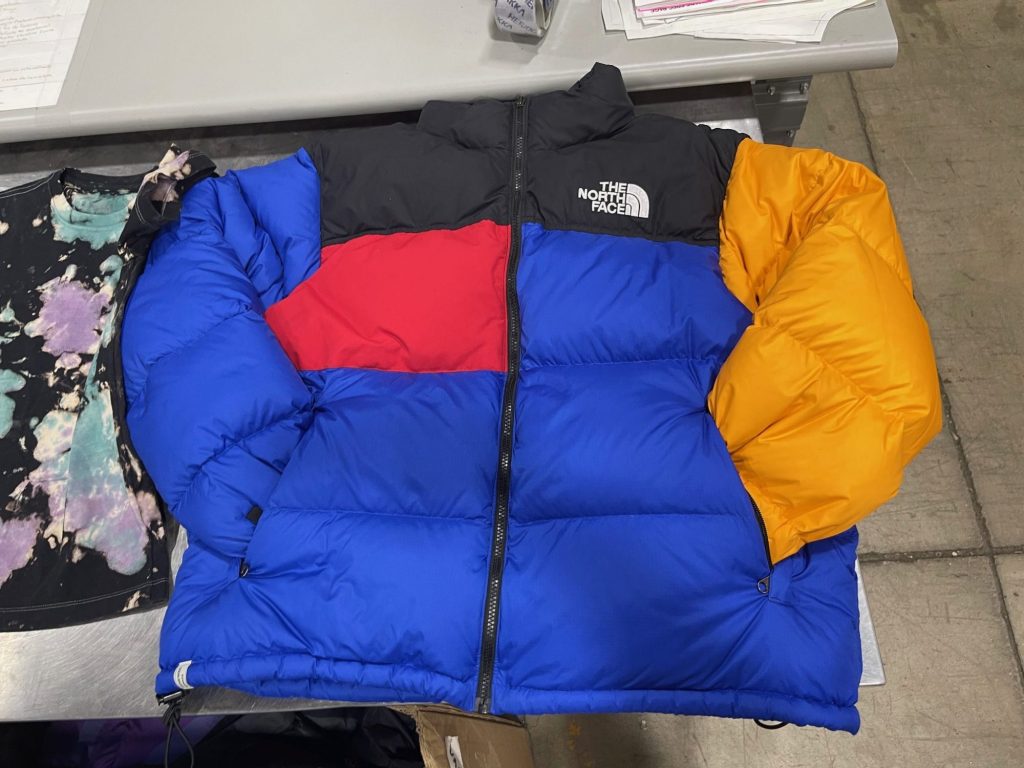Gucci, Lululemon head list of top 10 circular fashion brands
Two new companies join the ranks of the latest Circular Fashion Index. Read More

-
Despite growing awareness, most fashion brands are stuck in “moderate effort” mode, with real progress stagnating across the industry.
-
Only five brands have deeply embedded circularity across design, resale and repair.
-
Innovation is emerging but despite promising initiatives, widespread adoption of closed-loop systems remains elusive.
Only 4 percent of fashion brands are serious about circularity. And only a few more are ramping up strategies such as designing out waste, using fewer virgin materials and building circular business models, according to the fifth Circular Fashion Index from Kearney, a Chicago-based management consultancy. It named circular design and materials reuse and recycling as the most important ways to advance circularity.
Although circular practices have entered the mainstream, 70 percent of brands are making only moderate efforts, the report found. In assessing 246 global brands in clothing and footwear, Kearney found that year-over-year progress has stalled.
“What differentiates high performers from the rest of the panel is that they typically tackle most dimensions and are already shifting from pilot tests to extensive initiatives,” said Dario Minutella, a partner and report co-author at Kearney. In the past, most brands used circularity as a marketing tool, yet the regulatory landscape will accelerate progress, leading the industry to shift gears, he added. “Sustainability is not a cost and can create value for the companies if tackled in the right way,” Minutella said.
Researchers explored seven areas of circularity progress: design; care and maintenance; repair services; communication; resale; rental; and efforts to close the loop on waste.
Only five brands reached a 7 on Kearney’s 1-to-10 scale: The North Face, Gucci, Levi’s, Arc’teryx and Patagonia. All stood out for embedding circularity in a variety of ways.
Two from last year’s list didn’t make the cut this time around: Sweden-based Lindex and Esprit, headquartered in Hong Kong. Here’s this year’s top 10, in alphabetical order.
Arc’teryx
New to the list, the North Vancouver outdoor brand joined the Ellen MacArthur Foundation’s Fashion ReModel collaboration in 2024 to help the industry answer how to “make money without making more clothes.” Arc’teryx is pushing for mono-materials and disassembly-ready garments. It’s also investing in circular design standards across product lines.
Coach
The purse giant has embraced circular design at scale, including with bulk buys of “rescued” leather. Its two-year-old Coachtopia sub-brand features otherwise landfill-bound materials. Parent company Tapestry has quantified the emissions reductions embedded in using scraps.
Decathlon
The sportswear maker is also new to the list. Another member of the Fashion ReModel, the French company is active in circular design pilots and innovation. Decathlon has set durability and repairability standards across 120 types of products.
Gant
The Stockholm brand, known for its “Ivy League” button-down shirts, boasts initiatives including a secondhand and vintage collection, textile take-back programs and a focus on product longevity.
Gucci
Part of the Kering conglomerate, Gucci continues to advance post-sale care offerings, including lifetime repair. The high-end Florence brand is one of the few in luxury to sell its own used pieces, through the Gucci Vault and a partnership with The RealReal resale site.
Levi’s
This longtime industry leader has a track record of driving repair, resale and design circularity. In the past year and a half, the San Francisco company launched its WellThread collection featuring more easily recycled garments, and expanded both branded and third-party resale offerings.
Lululemon
Known for its “Like New” resale program, the Vancouver athleisure maker is also seeking to advance recycled nylon, including through a partnership with enzymatic recycler Samsara Eco.
OVS
The Venice casual-wear company punches above its weight with such initiatives as in-store repairs. In addition to advancing preferred and recycled materials, OVS has a strong design-for-circularity program.
Patagonia
The Southern California outdoor apparel leader continues to build on a long track record of centering durability, repair and resale. Its Worn Wear branded program has operated in some form for 20 years.
The North Face
Based in Denver, The North Face pursues durability with lifetime warranties on many products, extensive repair services and an internal circular design residency. In addition to its Renewed branded resale offerings, The North Face fashions new garments from parts of damaged ones.

Subscribe to Trellis Briefing
Featured Reports

The Premier Event for Sustainable Business Leaders
















